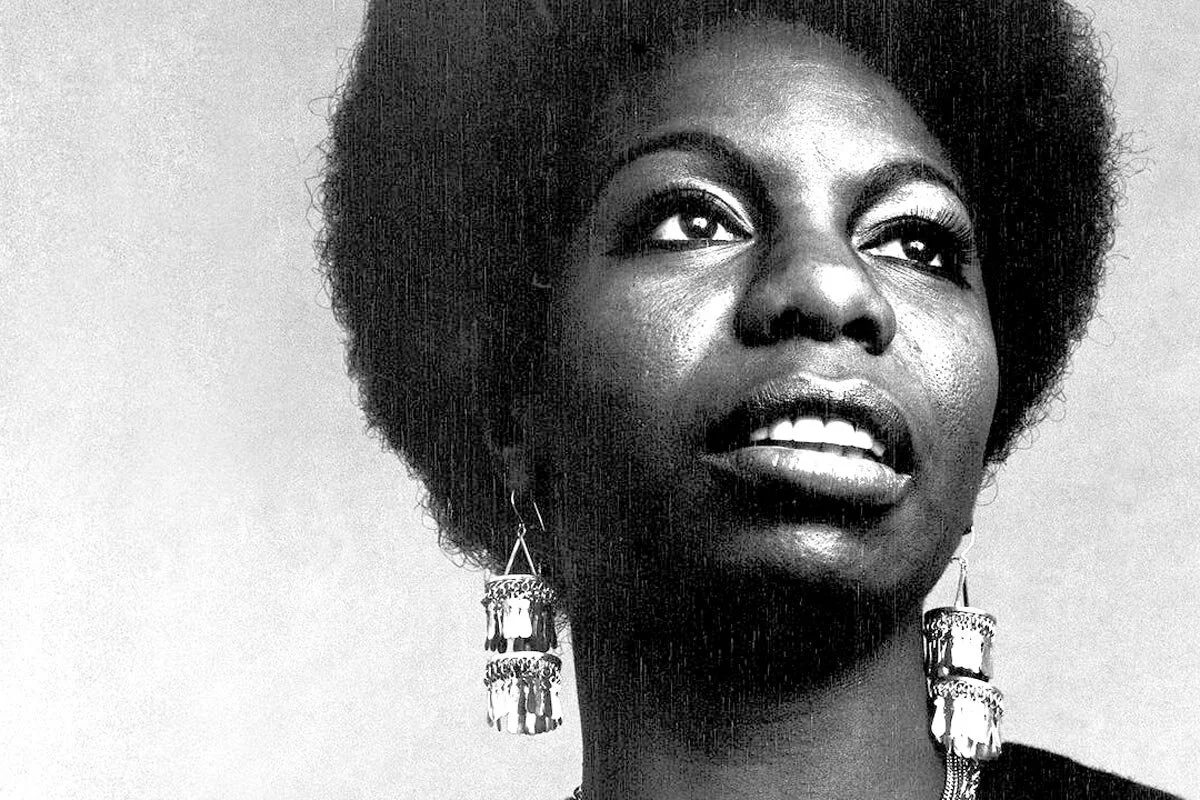How Music Impacts Us
Whether you are a classic rock or classical music fan, it is clear that as human beings, we all are drawn to music. Some of us might have more musical knowledge than others, and yet, a common denominator connecting us all has historically been music, and you may be interested to learn more about it.
An article from Science Daily, “The story of music is the story of humans,” notes that human beings have been creating music and singing for tens of thousands of years, with our common ancestor in Neanderthals having the full anatomy to be capable of making music with their voices as well as being capable of making music 40,000 years ago with the bones of animals. As years passed, people continued to refine their instruments and developed a wide range of music-producing items. Today, music is a phenomenon that can bring millions together. Artists working with bands, such as Gerard Zappa from Wooster, are now beginning to appreciate getting back to work after long delays and postponements following COVID.
With this information and knowing the cultural impact that music has over us, music plays a focal role in the everyday. Rhythmic tunes and hymns influence various aspects of people’s daily lives. For instance, music is present while hearing it play in public places, as alarm clocks to wake up to, during studying or work, in social settings, and so on; it is clear that music has a deep impact on our lives. The availability of various musical instruments and technological tools also made it possible for many artists to produce songs. For instance, musicians like MARCOUX can release new music and reach a wide audience through the power of technology. Hence, it’s not surprising for anyone to hear tunes through different avenues.
Music has the power and ability to communicate and express deep emotions, especially in religious settings and while hearing a live performance. Different genres can convey varying messages and feelings to listeners. For instance, fast and strong beats can express happiness and excitement, while slow and calm tunes express sad emotions. Regardless, it’s undeniable that music is connective and leads to bonding between groups and family members. Furthermore, it can be a common interest that connects two people.
Jeremy Montagu spoke about the significance of music over our society within his piece in Frontiers in Sociology, stating that “it has even been suggested that music, in causing such bonding, created not only the family but society itself, bringing individuals together who might otherwise have led solitary lives.” Considering these characteristics, music has a large impact on our overall way of life. It may also make it easier for a person to make new friends. For instance, you can find other individuals with the same music taste and discuss your favorite songs and artists. Since you share a common interest, it’ll be less difficult to keep your conversation going.
Our emotions and psychological state are also largely influenced by music. Listening to a tune can be incredibly relaxing for the mind, is entertaining, and can promote healthier thoughts and a healthier body too with increased energy levels. According to Time in an article called “Is Listening to Music Good For Your Health?,” these benefits are why music therapy (a type of therapy using music as a device for getting to the emotional side of patients and understanding themselves better) is a great resource for improving a patient's mental state, overall well-being, promoting meditation and stress relief, and several other psychological benefits. If you have trouble relaxing your mind or falling asleep at night, playing some soothing music may help your condition.
Music activates many different parts of the brain, stimulating often positive emotions that can help improve your mood if you’re feeling down or low on energy. Listening to music while working out is an essential way to increase your motivation to stay active and keep your body moving. Upbeat music can also help you maintain your pace whenever you’re performing intense exercises. For instance, you can listen to tunes that match your running pace, so you feel more energized during your workout.
Music can promote better study habits, especially as it impacts cognitive functioning, with fast and slow songs promoting better memory. As part of the relaxing side of music, meditating with sounds or instrumentals playing can help you unwind and destress.
With improvements on our mood, sleep, endurance in exercise, and so many other benefits, music truly has a big impact on us.











